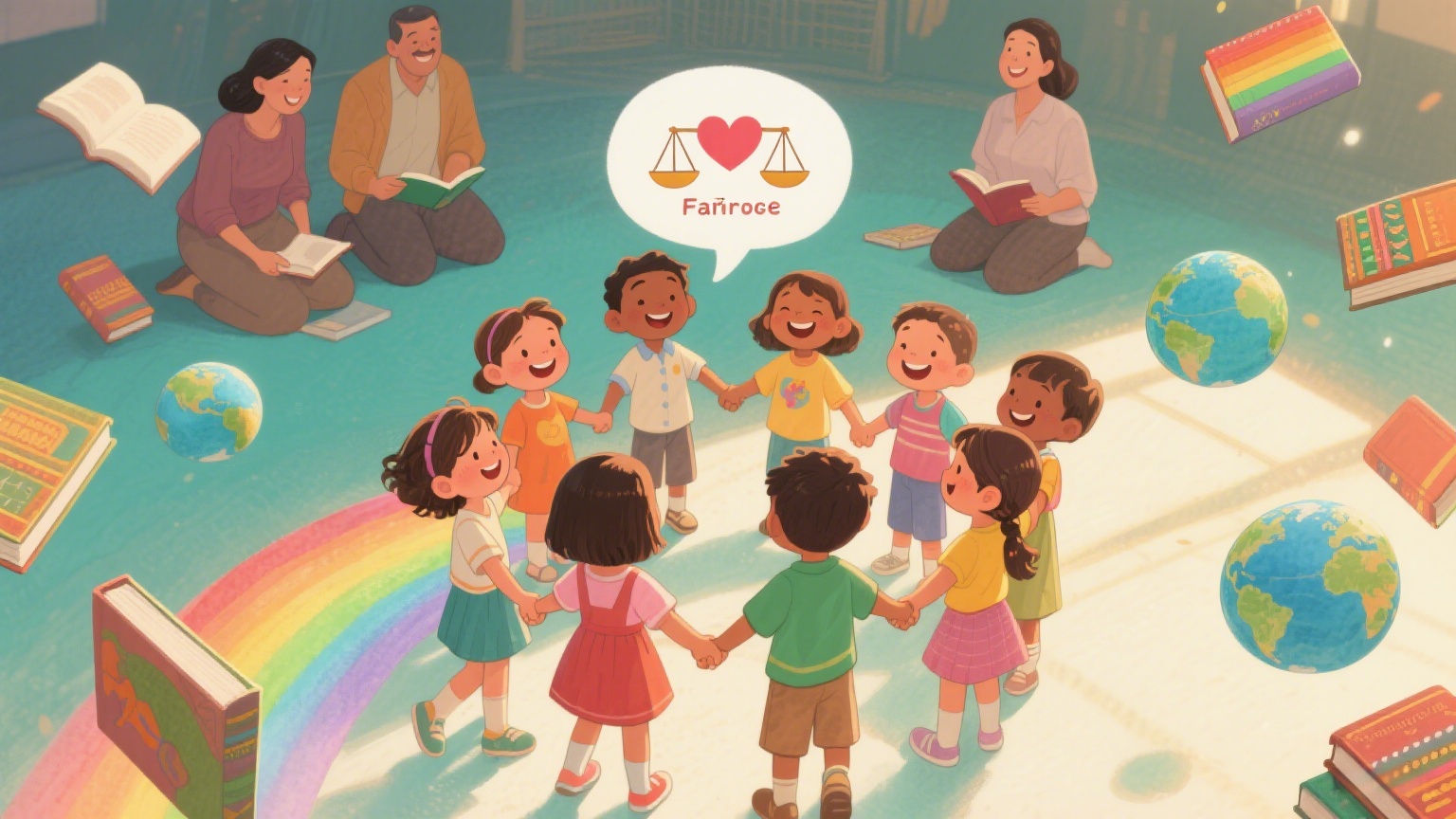In today’s world, conversations about race and racism are essential for raising compassionate, socially aware children. While these discussions may feel uncomfortable, avoiding them sends the message that racism isn’t important or is someone else’s problem. Here’s how to approach these conversations in an age-appropriate way that fosters understanding and empathy.
Why Talking About Race Matters
Children naturally notice differences in skin color, hair texture, and other physical traits as early as preschool. By addressing race openly, we help them:
✔ Develop empathy – Understand and care about others’ experiences
✔ Recognize injustice – Identify and respond to unfair treatment
✔ Celebrate diversity – Appreciate differences rather than fear them
Age-Appropriate Conversations
Preschoolers (3-5 years):
- Focus on fairness – Kids this age strongly relate to “fair” vs. “unfair.”
- Use simple examples: “What if only kids with brown eyes could play on the slide? Would that be fair?”
- Introduce diverse books and toys to normalize differences.
School-Age Children (6-9 years):
- Connect to their experiences: “How would you feel if someone said you couldn’t join a game because of your hair color?”
- Discuss historical figures who fought discrimination (e.g., Rosa Parks, MLK Jr.).
- Encourage them to speak up if they see exclusion or bullying.
Tweens & Teens (10+ years):
- Explore systemic racism and current events.
- Brainstorm ways to take action (e.g., writing to leaders, supporting inclusive clubs).
- Validate their feelings—many kids want to help but feel powerless.
4 Ways to Raise Anti-Racist Kids
- Expand Their World
- Choose diverse schools, activities, and friendships.
- Attend cultural festivals or visit museums celebrating different heritages.
- Lead by Example
- Speak up against racism in everyday life.
- Admit when you’re learning, too—it’s okay not to have all the answers.
- Use Media Wisely
- Watch films or read books that highlight diverse perspectives.
- Discuss stereotypes when they appear in shows or games.
- Turn Empathy Into Action
- Support charities or community projects that promote equality.
- Encourage art, writing, or projects that celebrate inclusivity.
Handling Tough Questions
If your child asks something you’re unsure about:
- Don’t panic – It’s okay to say, “Let’s learn together.”
- Use resources – Websites like PBS Kids or EmbraceRace.org offer great tools.
- Keep the conversation going – One talk isn’t enough; make it an ongoing dialogue.
Final Thought: These conversations aren’t about guilt or blame—they’re about raising kids who notice, care, and act when they see injustice. Start early, stay open, and grow alongside your child.








